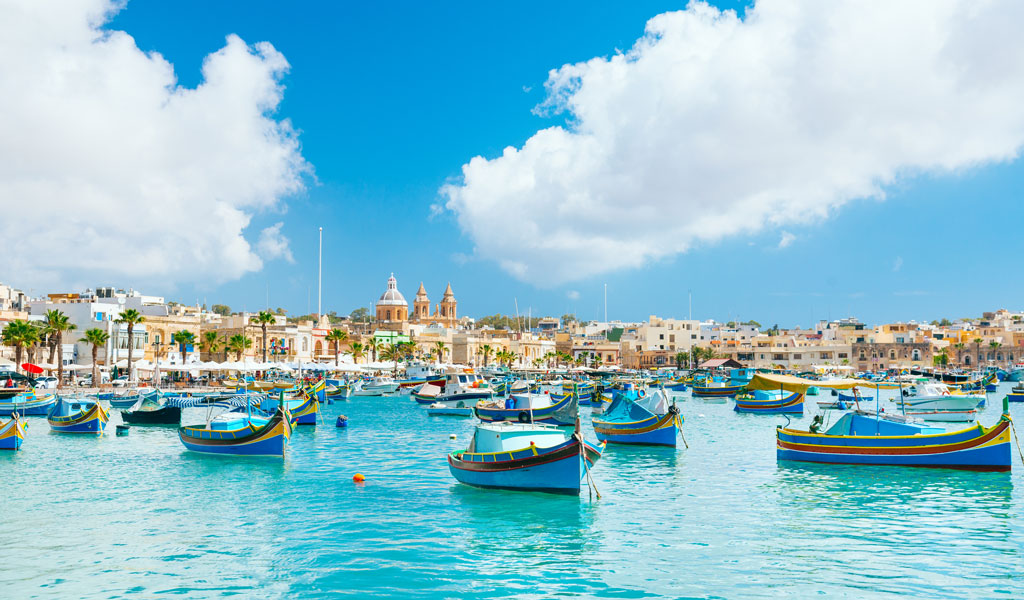When global banks decide to withdraw from some countries and no longer do business with banks there, the global effect so far has been a gentle ripple, but if unaddressed, it may become more like a tsunami for the countries they leave.
Without cross-border banking services, the flow of money, investment, trade, and foreign payments—all of which grease the wheel of a country’s economy—may stop. People abroad face difficulties sending remittances home, international charities can’t send donations to help fund local organizations, exporters can’t receive payments, and it may exclude people from their own financial system. If this happens, a country’s jobs and growth may be affected. For example, the Pacific island of Samoa is currently in danger of losing the ability to receive formal remittances, which amount to 20 percent of GDP.
While the impact on different countries varies, the hardest hit by the withdrawal of global banks are countries in the Caribbean, small island states in the Pacific, and African countries such as Liberia and Angola, to name a few.
Some of our economists, financial experts and lawyers decided to shine a spotlight on this critical issue. In a new paper, they examine what drives this phenomenon and its consequences, and discuss initiatives to address it.
Why they leave: Global banks may decide to stop doing business with local banks in a particular country for a number of reasons: changes in regulations since the crisis, unclear or overly complex regulations, the cost of doing business in certain countries, particularly if local rules are not up to international standards, economic and trade sanctions, rules to combat money laundering and terrorism financing, and tax transparency. These factors lead banks to evaluate the costs of doing business against the risks, not only to their bottom line but also to their reputation.
What countries can do: The right policies can help fix this problem. Both the public and private sector has a role to play and a coordinated approach is needed to better understand the phenomenon and identify specific approaches tailored to each country’s circumstances. The IMF can help bring countries together, along with the private sector, to create an open dialogue between policymakers, banks, and other key stakeholders. A 2015 action plan by the Financial Stability Board is a guide to priorities. The IMF will also help countries with policy advice and technical assistance so they can update or establish rules designed to keep their financial systems safe and up to international standards.
The paper includes some details about how particular countries are affected, an explanation of the factors that lead banks to withdraw, a primer on what the profession calls correspondent banking relationships, which means global banks operating in other countries, and measures taken by different countries to respond to these developments.
Listen to the interview with one of the paper's co-authors here, or click on graphic below:
[soundcloud url="https://api.soundcloud.com/tracks/271606027" params="auto_play=false&hide_related=false&show_comments=true&show_user=true&show_reposts=false&visual=true" width="100%" height="450" iframe="true" /]




